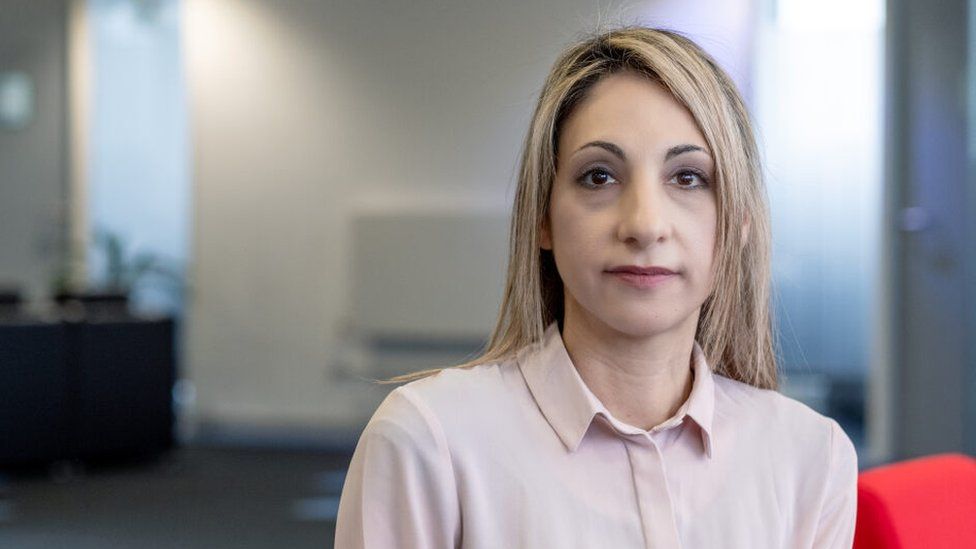‘I’d heard the big, bad, scary conversation about AI’


When Gabriela Capote was made redundant from her marketing job last year, she decided that she needed to learn about AI to get the edge in securing her next role.
“After getting laid off from a job that I thought was so perfect and secure, it really woke me up,” says Ms Capote, who lives in Miami.
“It taught me something important about how nothing is actually permanent, and that I don’t want to get complacent. I’d heard the big, bad, scary conversation about AI for a while, and I’ve always been interested in how I could utilise it.”
Instead of just hunting for a new marketing job, Ms Capote enrolled on a six-week, online AI training program. This was provided by a global training organisation called Mission Impact Academy (Mia).
Launched in 2022, Mia’s courses are aimed specifically at women, with the aim of getting more women employed in work that includes the use of AI.
Ms Capote says that the certification helped her to get a new communications job at an insurance firm. “Saying that I was certified in AI made me stand out from all the other applicants, and I think was a big reason as to why I was offered the role.
“And my new company is very open to hearing about anything I think would be good from a tech perspective.”
Ms Capote adds that her increased understanding of AI also helped her search for the job at the insurance company in the first place. She says that she put her resume into popular AI chatbots ChatGPT and Bard, and asked them to find possible vacancies for her. She quickly got a list of 50.
There is currently a gender AI gap, with 54% of men using technology in either their job or personal life, compared with only 35% of women, according to one report from last year.


A growing number of women are now upskilling themselves to bridge that gap. For example, online learning platform Coursera says there has been a big jump in the number of women signing up to its “AI for Everyone” course.
Last year, this was the sixth most popular course for its 1.58 million female learners in the UK, up from 59th place in 2022.
Heather Black is the founder and chief executive of Supermums, which offers tech training courses aimed at women returning to the workforce after having children. Last year it launched its first AI course.

“With the pace that technology is changing and evolving, and given how we’re always so saturated with information, the gender disparity in AI will increase if we don’t have very specific ways for women to learn about it,” says London-based Ms Black.
With a recent study by the UN finding that women may be at a higher risk of their jobs being made obsolete by AI, due to their overrepresentation in administrative and clerical work, training courses aimed specifically at women may help many keep their positions, or more easily find new ones.
Georgina Cosma, professor in AI and data science at Loughborough University, says that equipping more women with AI skills is paramount for securing their future in industries increasingly shaped by the technology.
Yet she cautions that women-only courses must meet rigorous industry standards. “If programmes limit complexity or content, there is a risk they could contribute to outdated assumptions, and isolate women in technology further rather than integrating talent more broadly.
“The goal is to promote inclusion by offering solid training to help qualified women gain the skills to advance to roles similar to equally qualified peers.”

Prof Cosma adds that women in the growing AI sector also need more mentorship programs, relevant networking opportunities, and hiring practices designed to counteract unconscious bias. “Achieving true gender parity demands a shift in both attitudes and policies that influence access and career progression in AI.”
Janna Salokangas, co-founder of Miami-based Mia, says that its AI course is not just about the training, but also about giving the students a sense of togetherness. “It’s all about the energy, the inclusion and belonging they get being part of a community, and learning with other women,” she says.
